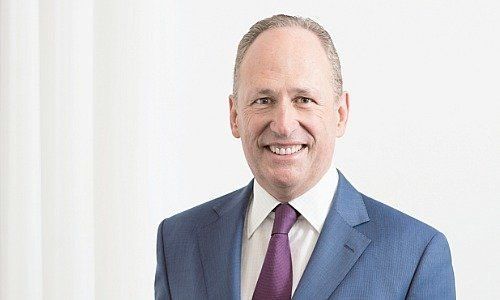UBS adopted a gutsy strategy in a long-running French criminal probe. The bank's record fine raises the question of whether CEO Sergio Ermotti and legal brain Markus Diethelm miscalculated.
The Swiss bank suffered the «worst case» setback from a French court on Wednesday: 4.5 billion euros ($5.1 billion) is the highest penalty ever levied against UBS (which as finews.asia reported, has had its share of scandals since the financial crisis).
UBS stock extended losses on Thursday after tumbling immediately following the verdict, while CEO Sergio Ermotti scrambled to reassure staff that the verdict «while unprecedented, is not final. Despite the outcome today, I continue to believe that in the end justice will prevail», according to a memorandum seen by finews.asia.
The setback stands in stark contrast to UBS' confident approach running up to the trial, which is the culmination of more than five years of legal – and political – wrangling.
Attack on Switzerland?
UBS' confidence of its legal approach, orchestrated by chief lawyer Markus Diethelm (pictured below) and Ermotti – appears unshaken: the bank immediately said it would appeal to a higher French court.
The bank equated the ruling as an attack on Switzerland's sovereignty, saying France was attempting to apply French law in the alpine nation.

The newfound brashness is a reversal of UBS' approach to legal quagmires since the crisis: Diethelm, who joined UBS two weeks before Lehman Brothers sank, has consistently positioned the bank as docile and submissive towards regulatory might. In 2009, he clinched Switzerland's first bank settlement with the U.S. over tax evasion – for a meager $780 million.
Spared from Sweat and Toil
UBS' Libor-rigging scandal is another example of Diethelm's strategy: admit wrong-doing, cooperate fully, attempt to keep the scandals out of the headlines, and throw the bank at the mercy of authorities (an approach which has often antagonized rivals).
In 2012, UBS paid $1.4 billion to U.S., British, and Swiss officials. Two years later, when German officials came knocking with tax evasion allegations, it ponied up 300 million euros – the same sum UBS reportedly said was its maximum to settle in France.
UBS' board was flabbergasted at how much the Libor settlement would end up costing, but Diethelm has largely been successful with the strategy. Ultimately, being cooperative spared UBS years of legal sweat and toil, and probably also shielded it from higher penalties, so the thinking.
Feisty Tone vs France
- Page 1 of 2
- Next >>


























